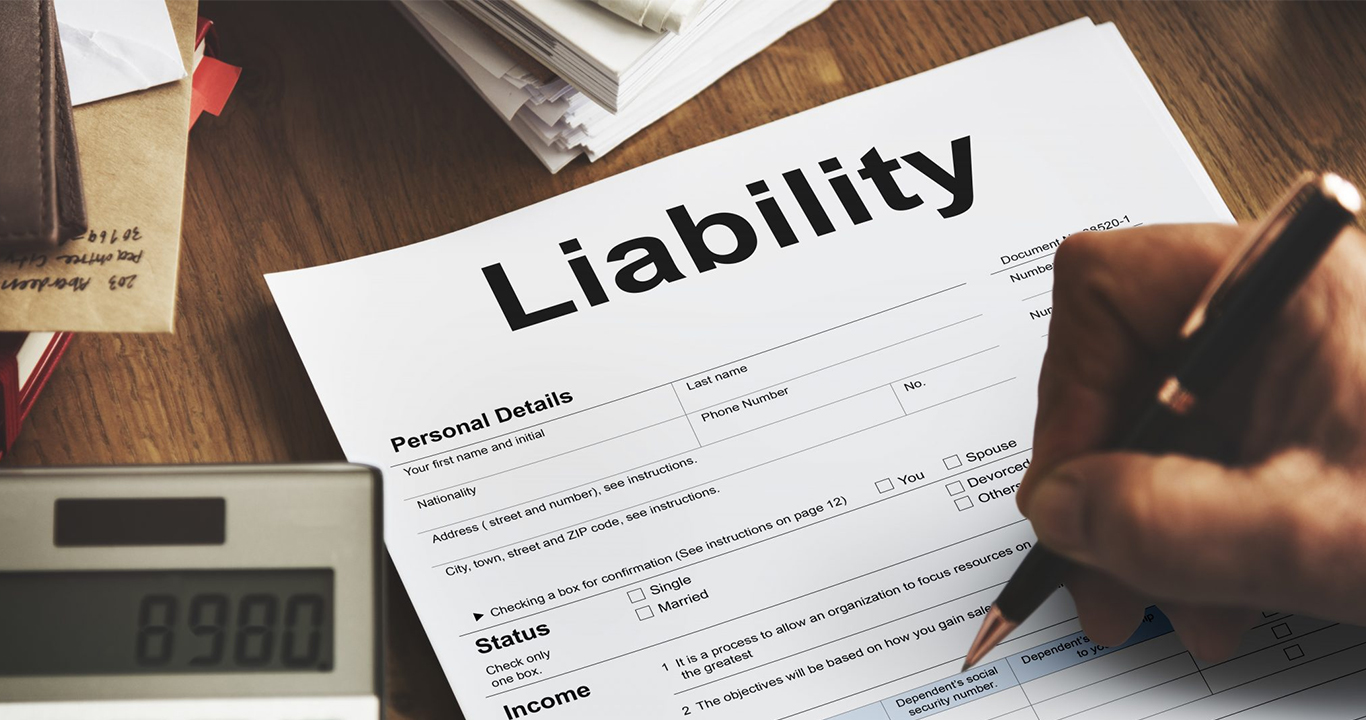Corporate general liability insurance is a crucial aspect of risk management for businesses, offering protection in various scenarios. As we delve into the details of this insurance, you’ll discover its significance and how it can safeguard your business operations.
Exploring the coverage types, cost factors, claims process, and more will provide a comprehensive understanding of why corporate general liability insurance is indispensable for businesses of all sizes.
Overview of Corporate General Liability Insurance

Corporate general liability insurance is a type of insurance coverage that protects businesses from financial losses resulting from claims of bodily injury, property damage, and other liabilities. It provides coverage for legal costs and payouts in the event that a business is sued for negligence or damages caused by its operations.
Examples of Situations
- A customer slips and falls in a store, resulting in injuries and medical expenses.
- An employee accidentally damages a client’s property while working on-site.
- A product sold by the business causes harm or injury to a consumer.
Importance of Corporate General Liability Insurance
Having corporate general liability insurance is essential for businesses to protect themselves against unforeseen events that could lead to costly legal battles and financial liabilities. It provides peace of mind knowing that the business is covered in case of accidents, injuries, or property damage that may occur during the course of operations.
Coverage Details

Corporate general liability insurance provides coverage for a range of risks that businesses may face in their day-to-day operations. This type of insurance helps protect businesses from financial losses resulting from bodily injury, property damage, advertising injury, and other liabilities.
Types of Coverage Included
- Bodily Injury Coverage: This includes coverage for medical expenses, legal fees, and settlements if someone is injured on your business premises or as a result of your business operations.
- Property Damage Coverage: This covers expenses related to damage to third-party property caused by your business operations.
- Advertising Injury Coverage: This protects against claims of false advertising, libel, slander, or copyright infringement in your advertising.
- Legal Defense Costs: This coverage helps pay for legal defense costs, including attorney fees and court costs, in the event of a covered claim.
Comparison with Other Business Insurance
- General liability insurance is often considered the foundation of a business insurance policy as it provides broad coverage for common risks. It differs from professional liability insurance, which focuses on claims related to professional services.
- Business owners may also need commercial property insurance to protect their physical assets, as well as workers’ compensation insurance to cover employee injuries.
- While general liability insurance is not mandatory for all businesses, it is highly recommended to protect against unforeseen liabilities.
Coverage Limits Determination
Corporate general liability insurance policies typically have set limits for each type of coverage, such as per occurrence limits and aggregate limits. These limits are determined based on factors such as the size of the business, the industry it operates in, and the perceived risks associated with its operations. It is important for businesses to assess their potential liabilities and choose coverage limits that adequately protect their assets.
Cost Factors
When it comes to corporate general liability insurance, several factors can influence the cost of coverage for businesses. Understanding these factors and knowing how to lower the cost can help companies make informed decisions to protect their operations.
Factors Influencing Cost
- The industry the business operates in: Certain industries are considered riskier than others, leading to higher premiums for liability insurance.
- Business size and revenue: Larger businesses with higher revenue may face higher premiums due to the potentially higher risks involved.
- Claims history: A history of frequent or costly liability claims can result in increased premiums as insurers perceive the business as higher risk.
- Location: Businesses located in areas prone to natural disasters or with higher crime rates may face higher premiums to cover potential risks.
- Coverage limits and deductibles: Opting for higher coverage limits and lower deductibles can increase the cost of insurance.
Tips to Lower Cost
- Shop around and compare quotes from different insurers to find the best rates for the desired coverage.
- Implement risk management strategies to reduce the likelihood of claims and demonstrate to insurers that the business is proactive in mitigating risks.
- Consider bundling different types of insurance policies with the same insurer to potentially receive discounts on premiums.
- Review and update the coverage regularly to ensure it aligns with the current needs and risks of the business, avoiding unnecessary costs for over-insuring.
Consequences of Insufficient Coverage, Corporate general liability insurance
Not having sufficient coverage due to cost-cutting measures can have severe consequences for businesses. In the event of a liability claim exceeding the coverage limits, the business may be responsible for paying the remaining costs out of pocket. This can lead to financial strain, potential lawsuits, and even bankruptcy in extreme cases. It is crucial for businesses to strike a balance between cost and coverage to protect themselves effectively.
Claims Process

When it comes to filing a claim for corporate general liability insurance, there are specific steps that need to be followed to ensure a smooth process. Understanding the typical timeline for processing and resolving claims, as well as common reasons why claims may get denied, is crucial for businesses to effectively manage their insurance coverage.
Filing a Claim
- Notify the insurance company immediately after an incident that may lead to a claim.
- Provide all necessary documentation, such as incident reports, witness statements, and any relevant photos or videos.
- Cooperate with the insurance company’s investigation process, which may include interviews or inspections.
Timeline for Processing and Resolving Claims
- Once all documentation is submitted, the insurance company will typically conduct an investigation to assess the validity of the claim.
- The timeline for processing and resolving claims can vary depending on the complexity of the case, but it usually takes a few weeks to a few months.
- Once a decision is made, the insurance company will communicate the outcome to the policyholder.
Common Reasons for Claim Denials
- Failure to notify the insurance company in a timely manner after an incident.
- Exclusions in the policy that do not cover the specific type of claim being filed.
- Insufficient documentation or evidence to support the claim.
It is essential for businesses to review their insurance policy carefully to understand what is covered and what may lead to claim denials.
Closing Summary
In conclusion, corporate general liability insurance acts as a safety net for businesses, shielding them from unforeseen liabilities and financial risks. By investing in this insurance, companies can ensure their long-term stability and growth in today’s competitive landscape.
User Queries: Corporate General Liability Insurance
What does corporate general liability insurance cover?
Corporate general liability insurance typically covers bodily injury, property damage, advertising injury, and legal defense costs associated with covered claims.
How can a business lower the cost of their corporate general liability insurance?
Businesses can lower insurance costs by implementing risk management strategies, maintaining a good claims history, and bundling policies with the same insurer.
What are common reasons for claim denials in corporate general liability insurance?
Claims may be denied due to late reporting, policy exclusions, insufficient documentation, or intentional acts by the insured party.

